Manybristle cinchweed flowers

We’d barely driven inside the boundary of Joshua Tree National Park on November 5th when I stopped and got out to walk around a bit. Almost immediately I began to see little low-growing plants scattered about. Their bright yellow flowers made them stand out against the dull desert floor more than their diminutive size would otherwise have done. Some formed small clusters:
Neil Frakes, Vegetation Branch Chief at the park, later identified (thanks) the flowers as Pectis papposa, known as manybristle cinchweed (or chinchweed). Of this species he wrote: “It doesn’t get any larger than this. One of our more common summer/fall bloomers. When we get a good monsoon, we get yellow carpets of this plant.” No monsoon for me this time, no yellow magic carpet.
© 2016 Steven Schwartzman

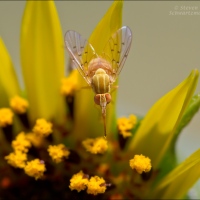
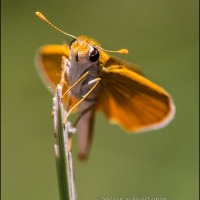
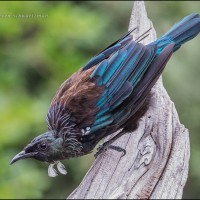
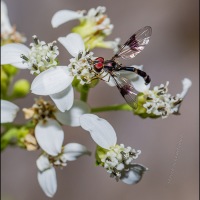
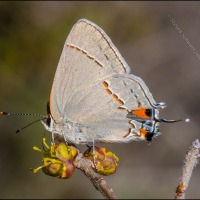
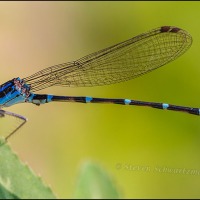
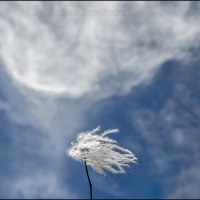
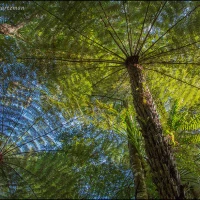
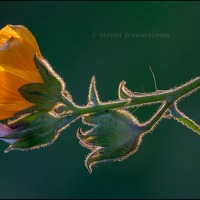
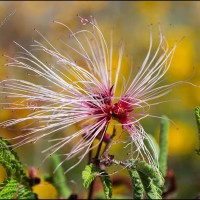
No carpet but still blooming – amazing how plants can handle desert conditions.
Nature on the Edge
December 30, 2016 at 11:41 PM
No carpet, but carpe diem for these little flowers in the harshness of the desert. I was surprised and happy to see so many of these scattered about.
Steve Schwartzman
December 31, 2016 at 10:27 AM
Even though the plants are quite different, they remind me of our yellow stonecrop. I suppose it’s their low-growing nature. The flowers themselves do remind me of something I’ve seen at Brazoria, in areas made up of very sandy soil, but I can’t remember their name, and can’t find them in my books. If nothing else, I can just wait to see if they pop up again.
shoreacres
January 1, 2017 at 2:09 PM
That’s an apt comparison, given how ground-hugging our yellow stonecrop is. While I hadn’t though about that similarity, I had thought about another local DYC: the low-growing, yellow flowering little plant called straggler daisy or horse herb. Do let us know if you found more of your little Brazoria plants.
Steve Schwartzman
January 1, 2017 at 5:34 PM